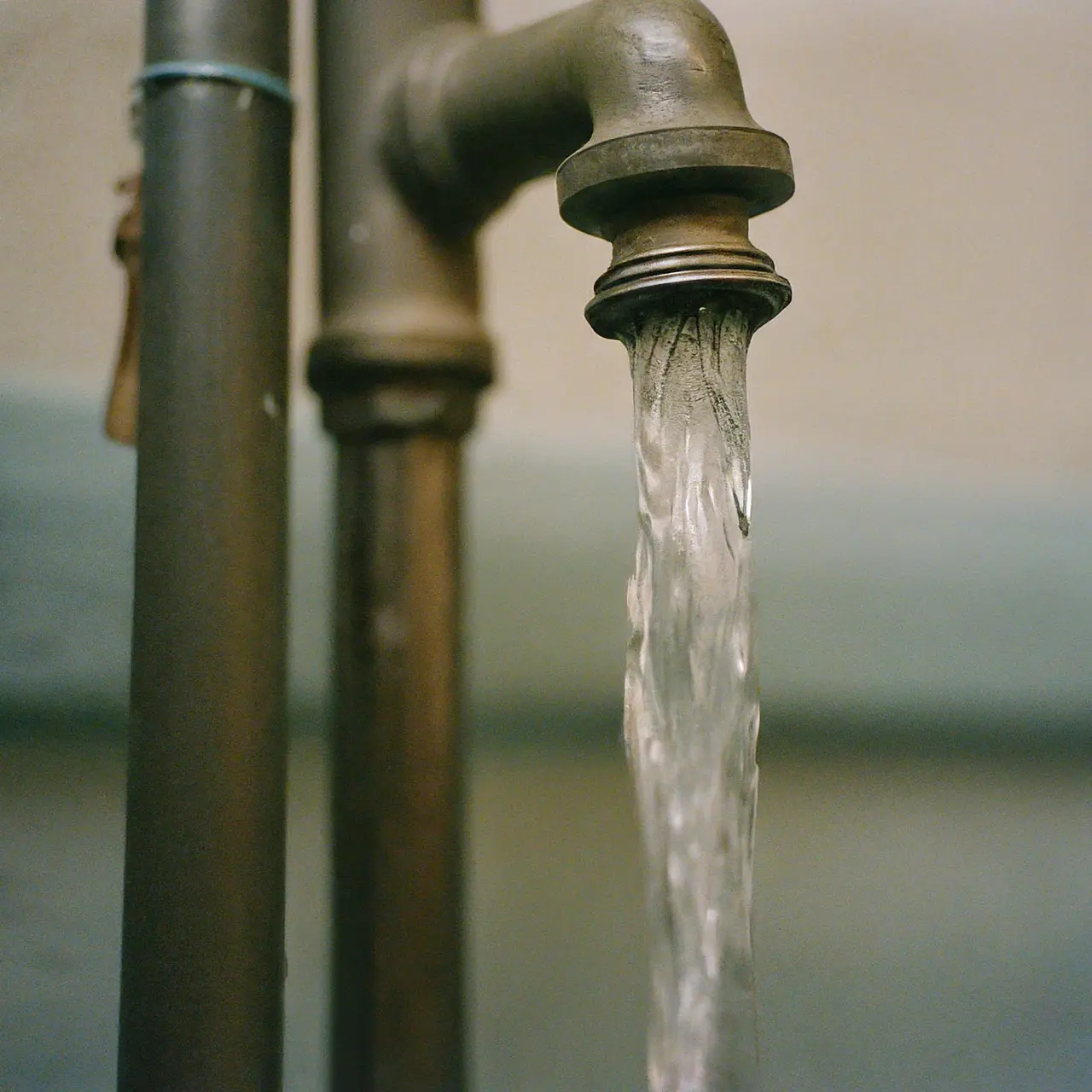With operational costs soaring, finding ways to reduce expenses is paramount for businesses today. Water can be a significant overhead if not managed properly. Below, explore five strategic approaches to slash your water bills and promote sustainable practices within your organization.
1. Implement Water-Saving Technologies
Advancements in technology have paved the way for water-saving devices that can dramatically reduce consumption and, consequently, the bills associated with it. From automated sensors that ensure water is only used when necessary to low-flow faucets and toilets, the options are numerous. Investing in these technologies can lead to significant savings over time, underlining their importance in the quest to reduce water bills. Additionally, exploring water management systems offers businesses a detailed overview of their usage patterns, empowering them with the knowledge to make informed decisions.
Another avenue to explore is smart irrigation systems for businesses with landscaped areas. These systems adjust watering schedules based on weather conditions and soil moisture, eliminating wastage and ensuring plants receive exactly what they need. Such targeted interventions not only conserve water but also prevent overwatering, which can be just as harmful to plants and the environment.
2. Enhance Employee Awareness and Training
Employees are at the heart of any business, and their daily practices significantly impact the overall water usage. Conducting training sessions to educate them about the importance of water conservation can lead to a culture of mindfulness around water use. Simple actions, like ensuring taps are fully turned off or reporting leaks immediately, can add up to substantial savings. Encouraging suggestions from employees on ways to reduce water consumption can also foster a team-focused approach to sustainability.
3. Conduct Regular Water Audits
Understanding where your water goes is crucial in identifying opportunities for savings. Regular water audits allow businesses to track their water usage and pinpoint areas of excessive use or leaks. Professional audits can also uncover inefficiencies in the water supply system, such as outdated equipment or processes that consume an unnecessary amount of water. Armed with this information, businesses can make targeted interventions to reduce water bill expenses efficiently.
4. Reuse and Recycle Water
Greywater systems capture rainwater or recycle used water from sinks and showers for use in toilet flushing or landscaping, substantially reducing the demand on the mains water supply. Implementing a water recycling program demonstrates a commitment to sustainable resource management, attracting not only cost savings but also positive public perception. Moreover, in regions where water scarcity is a growing concern, such practices play a critical role in conservation efforts.
5. Optimize Cooling Systems
For businesses that rely on cooling systems, optimizing these systems presents a significant opportunity to cut water usage. Using closed-loop cooling systems, for instance, recirculates water rather than discharging it after a single use, reducing water waste. Updating to more water-efficient models or employing alternative cooling methods, like air-cooled instead of water-cooled systems, can result in marked improvements in water efficiency. Regular maintenance of these systems is also essential to prevent leaks and inefficiencies, ensuring they operate at optimal levels.


